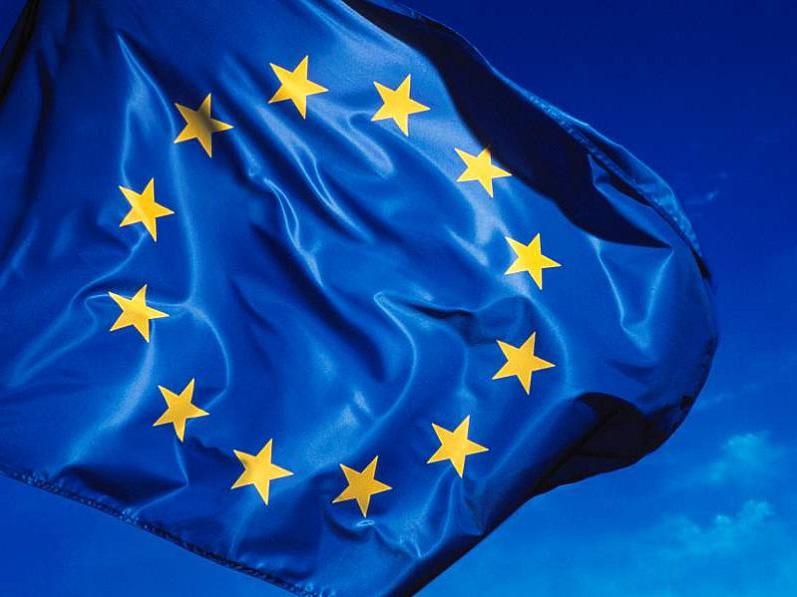265 Italian citizens were expelled by Belgium in 2013 because they were not able to support themselves, part of a total of 2,712 EU citizens sent back to their native countries.
Another effect of the European crisis? The current economic hardships have led some European states to strengthen a right conferred by EU law: to expel citizens of member countries who represent an "unreasonable" burden on the welfare system.
Belgium is one of the countries that has recently tightened its immigration laws. The most affected communities are Romanians and Bulgarians, followed by the Spanish and the Italians – last year, 265 Italians, unable to support themselves and their families, received a deportation notice.
Belgium does not physically deport those who receive such notices; but, by cutting all access to basic services, such as the possibility to sign a lease on an apartment, which is necessary to access healthcare, education and all other social benefits, it basically leaves no other choice than to move.
This happened to Italian musician Silvia Gurria, who lived in Brussels for three years. “When you receive an eviction notice, you cannot work, you don’t have an identity because they take away your identity card. So you don’t qualify for, and can’t access, a range of administrative benefits and activities,” she said.
The expulsion order kicks off three months after having entered the country if the person does not meet the following requirements: have a job, have enough resources to support themselves, have private health insurance so as not to use resources of the welfare state, be a student. If the person is expelled, he or she is not prevented from returning to Belgium later.
The Belgium case is just one example of a trend that is making it more difficult for European workers to move freely among member countries, what was supposed to be a stronghold of the Union, and which is actually under escalating attacks by a wave of anti-European sentiment and reactionary governments that appear to be increasingly vigilant of their borders.









